

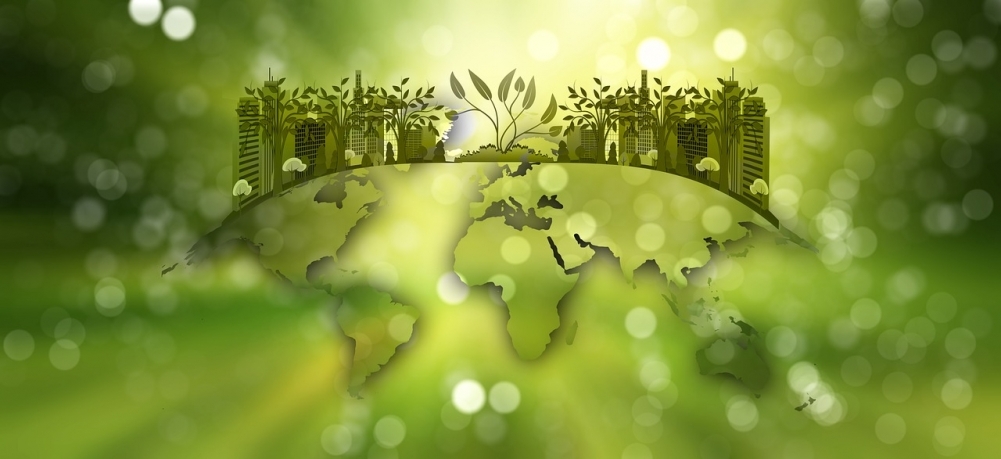
Researchers discuss 17 case studies conducted in the Americas, Asia-Pacific and Africa involving ways to implement integrated management of water, energy and food.
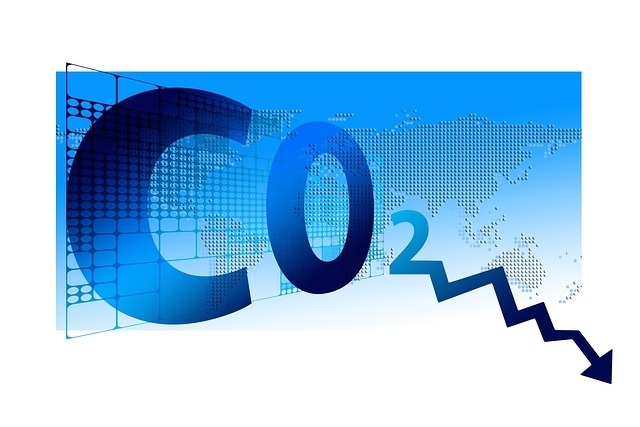
Machine learning tool measures how environmental variables such as humidity and solar radiation affect the amount of carbon captured in a given area.

Using experimental fires set at different times of year in the Campos Amazônicos National Park, Brazilian researchers found that lags in acquiring and assessing information obtained from satellite imaging can lead to misinterpretation. The study points to the need for adjustments to monitoring algorithms.

A study by Brazilian researchers shows that the use of bioenergy avoids greenhouse gas emissions. Another benefit of their bioreactor is conversion of apple pomace into organic fertilizer.
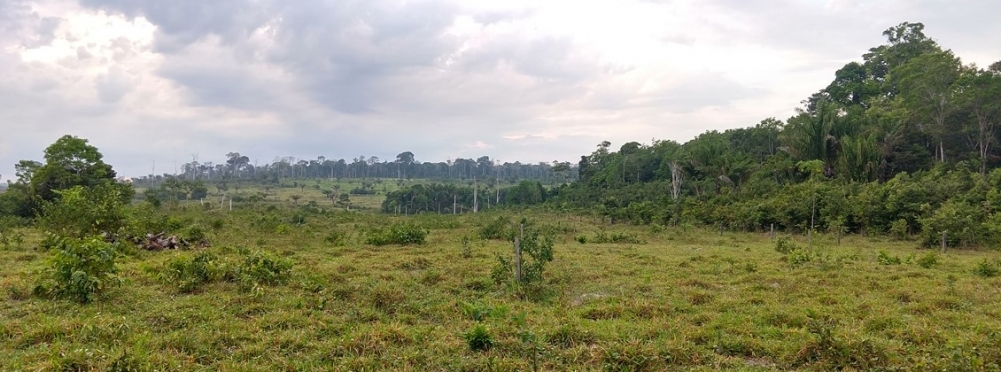
Grass-covered pasture captures more methane than bare soil, albeit much less than forest-covered soil. Researchers at the University of São Paulo showed that proper pasture management strategies have the potential to reduce the impact of livestock production and mitigate global warming.
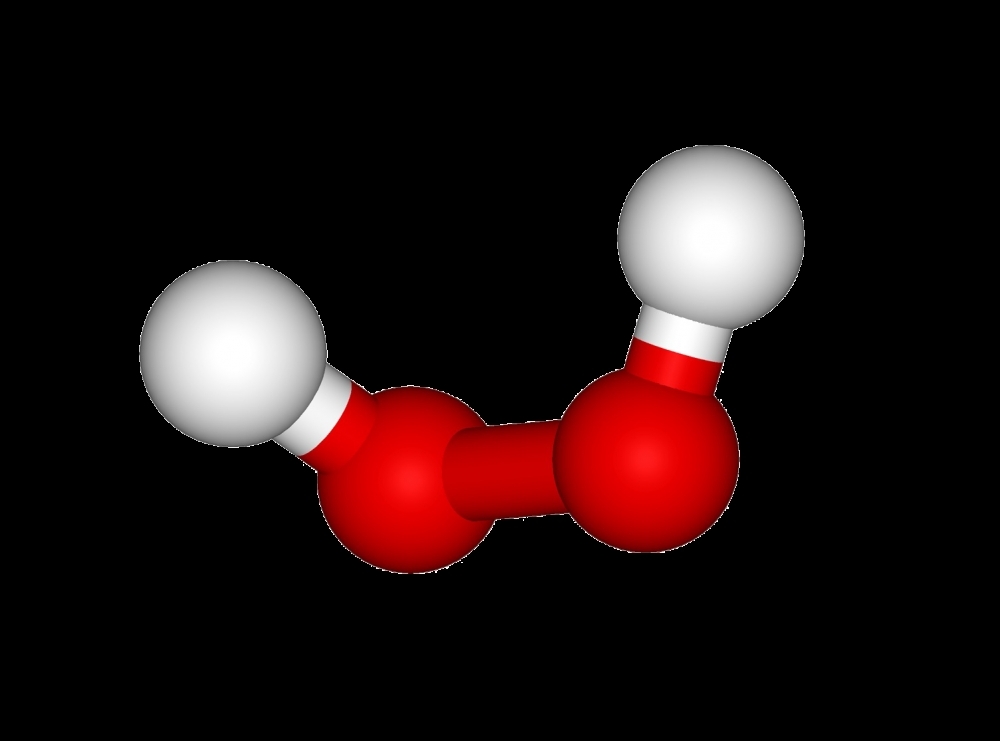
Hydrogen peroxide is used to sterilize medical equipment, to bleach fabric, pulp and paper, and whiten teeth, among other applications.
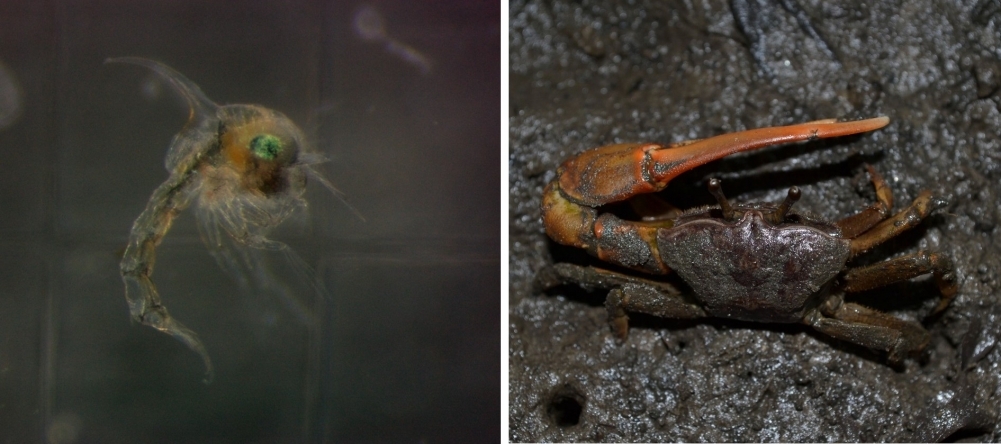
In an experiment, the survival and physiology of crab larvae on which other species feed were affected by rising sea surface temperatures. Events of this kind will be up to 35% more frequent between now and the end of the century in the study area.
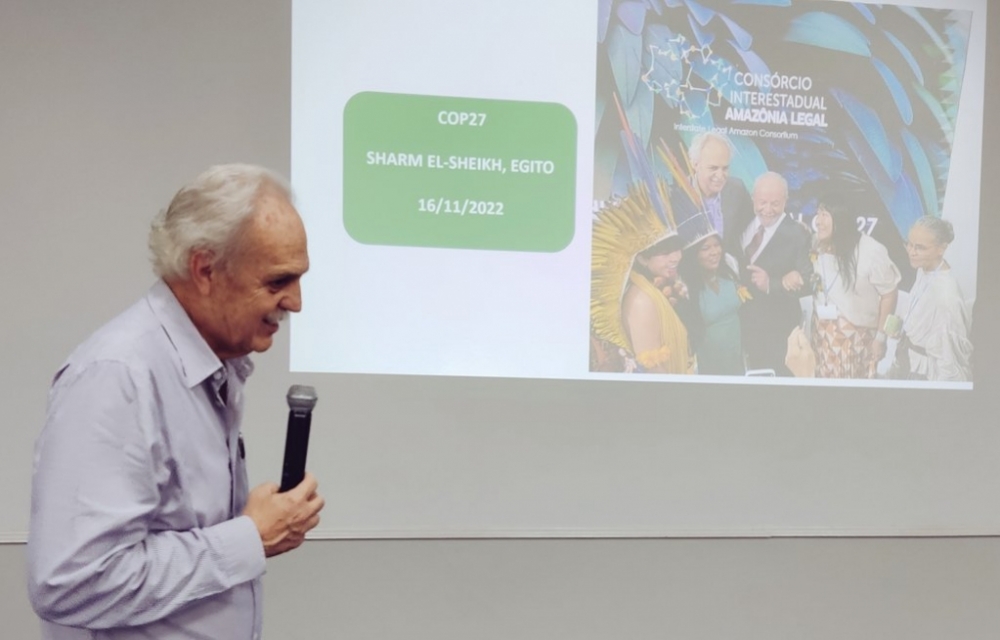
Researchers who lectured at the São Paulo School of Advanced Science on a Sustainable and Inclusive Amazon insisted that a new bioeconomy is urgently needed for the region.
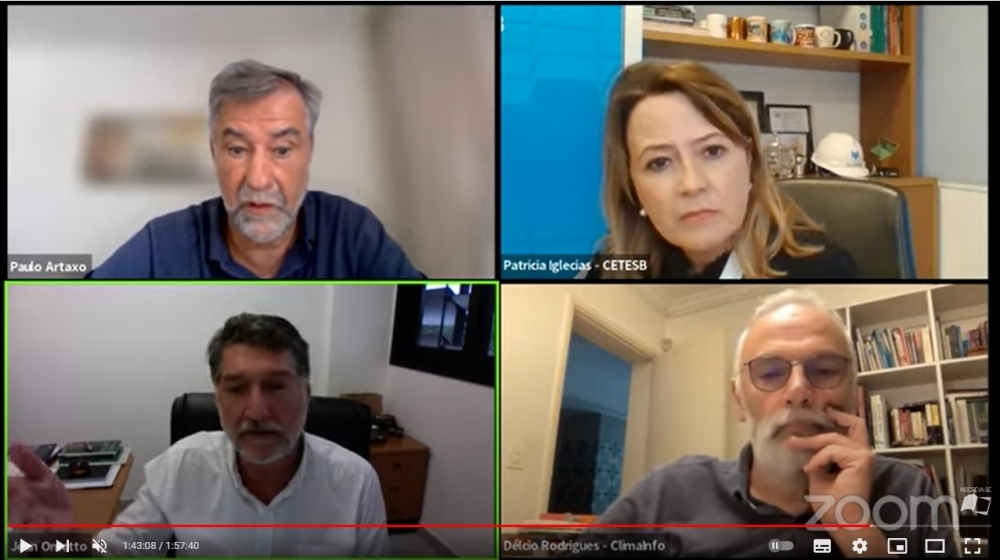
The initiative was one of the few advances achieved at the 27th United Nations Climate Change Conference held in November, according to the participants in a webinar hosted by FAPESP.

Two articles published in the journal Science by an international group of researchers that includes Brazilians present an up-to-date review of existing knowledge of the island’s rich biodiversity and how it is protected. Maintaining harmony between the species found on this tropical island off the coast of Africa and its human population is a daunting challenge.

A study reported in Nature analyzed floods and droughts that affected the same place twice, finding that the second occurrence caused more damage, generally speaking. The authors included scientists affiliated with the University of São Paulo.
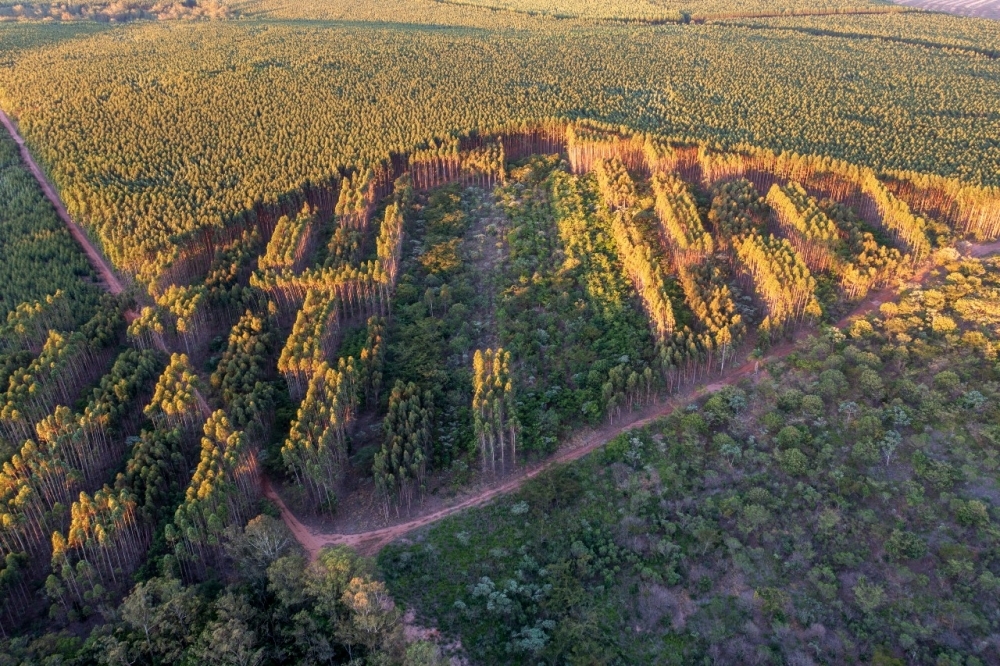
To confirm this hypothesis, researchers in Brazil and France are conducting an experiment to find out how tree diversity influences carbon uptake and drought tolerance. The project was discussed by participants in an event held at IPT, the São Paulo State Technological Research Institute.
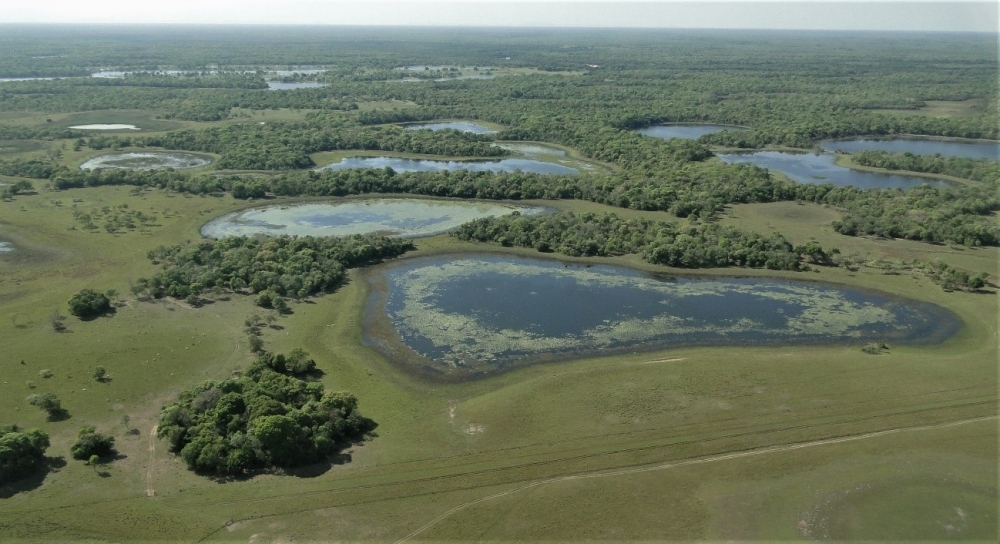
Brazilian researchers investigated the complexity of the world’s largest wetland biome, predicting heavier rainfall and longer dry periods, and proposing six guidelines for sustainable governance of the region.
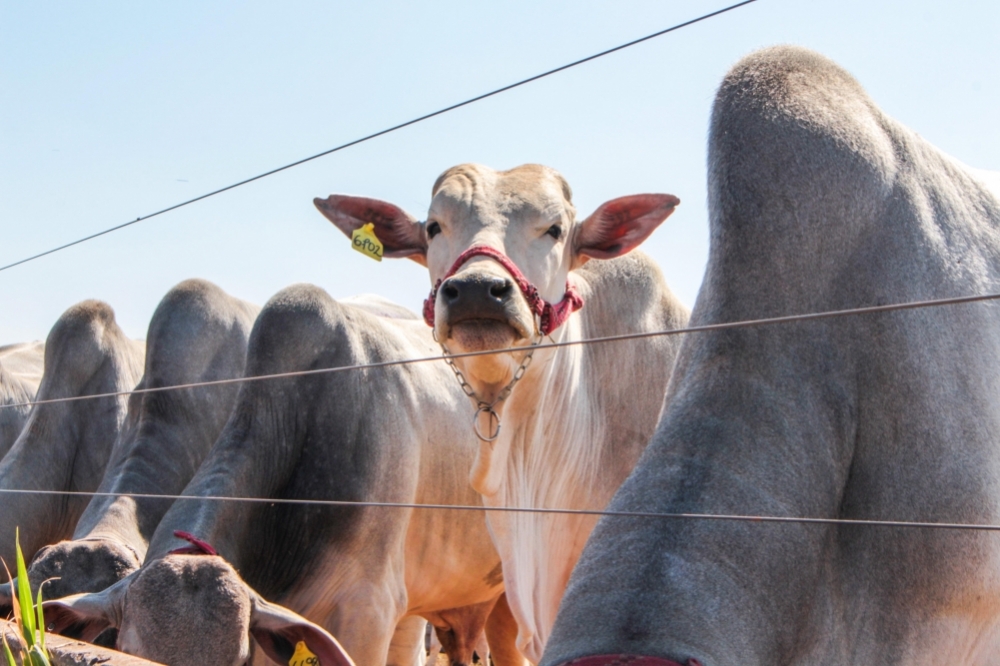
An investigation conducted in Brazil analyzed all the microorganisms present in the feces of Nelore bulls and found biomarkers that can identify animals with a low-emission, feed-efficient phenotype.
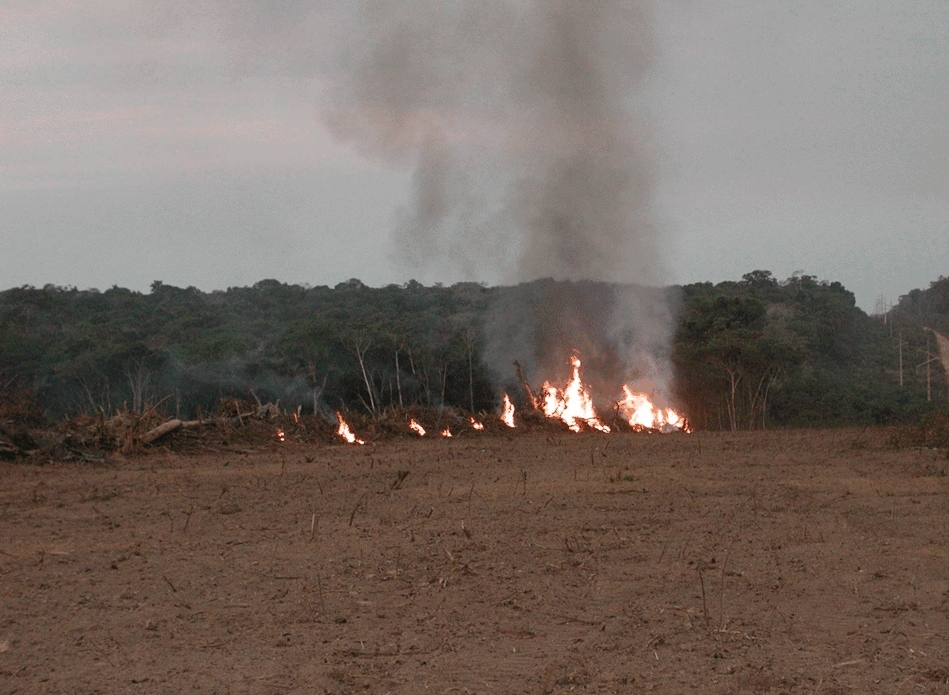
Conclusion came from a Brazilian study that analyzed active fire occurrences between 2003 and 2020 in the nine countries with Amazon Rainforest areas. Brazil accounted on average for 73% of the fires detected in the period.
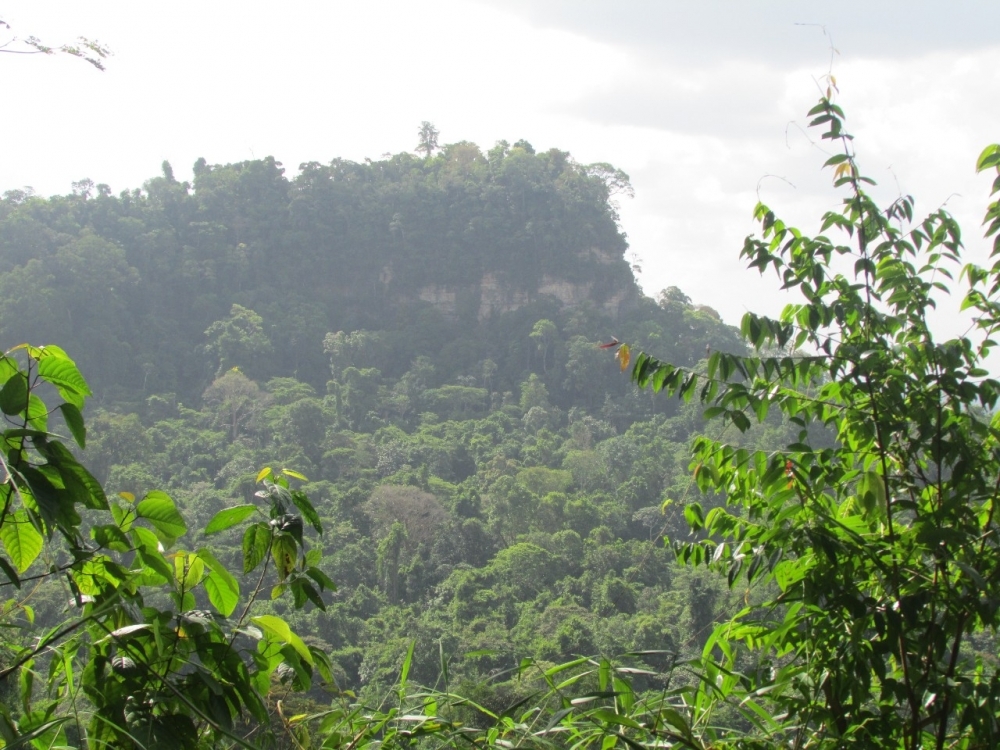
Using models based on a reserve created by the government for geological research and protection of mineral assets, Brazilian researchers estimated that opening the area up to mining would lead to the destruction of 183 km² of forest and further loss of 7,626 km² due to the direct and indirect impacts of the infrastructure required to implement and operate projects.

The process is associated with warming of the ocean subsurface resulting in a reduction of surface salinity due to the release of huge iceberg armadas from glaciers.
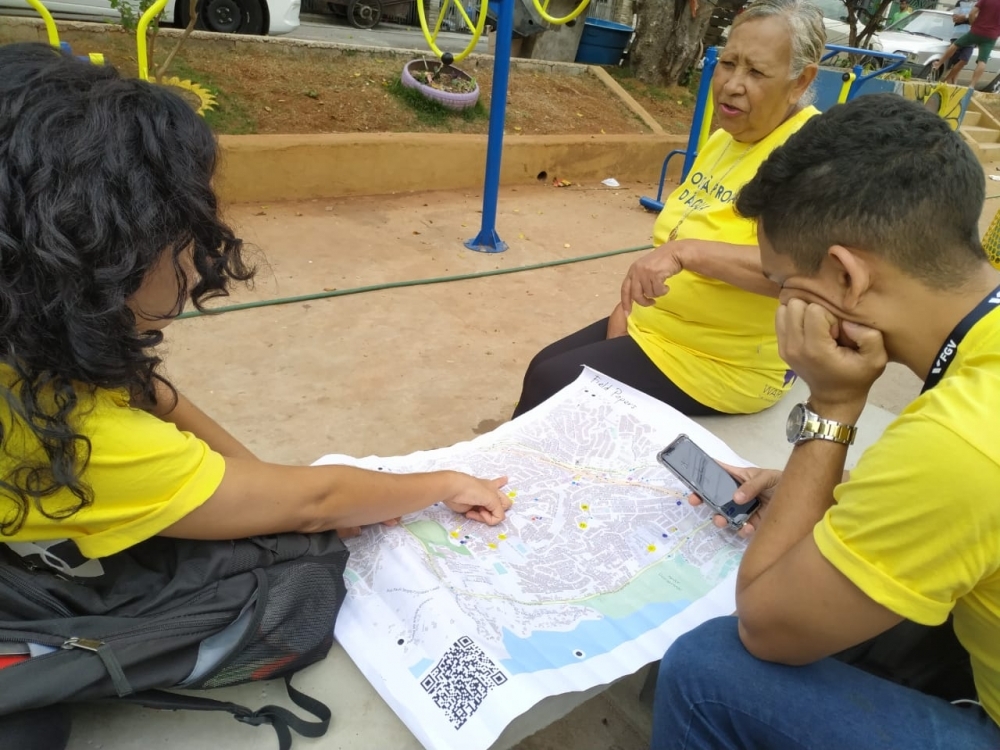
An article in Disaster Prevention and Management describes the course of discussions involving Brazil and the UK on how to improve flood risk governance. The project has produced an application and learning guide resulting from community participation.
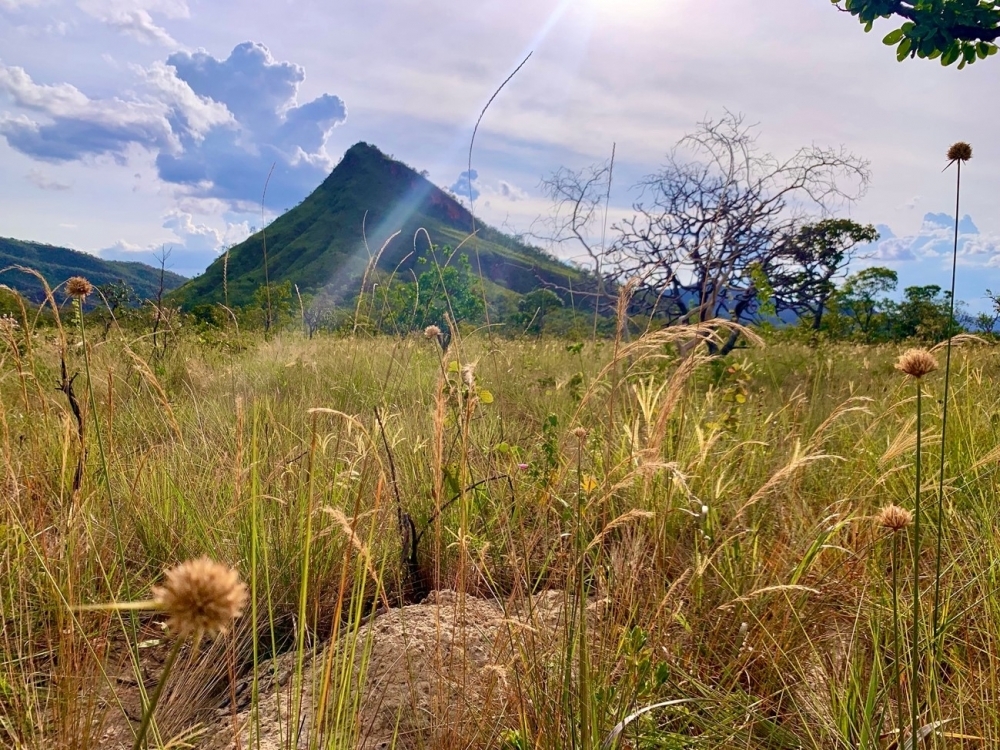
In a special issue of the journal Science, some of the leading experts on the subject argue that rehabilitating degraded areas requires more complex solutions that take the biome’s specificities into account.
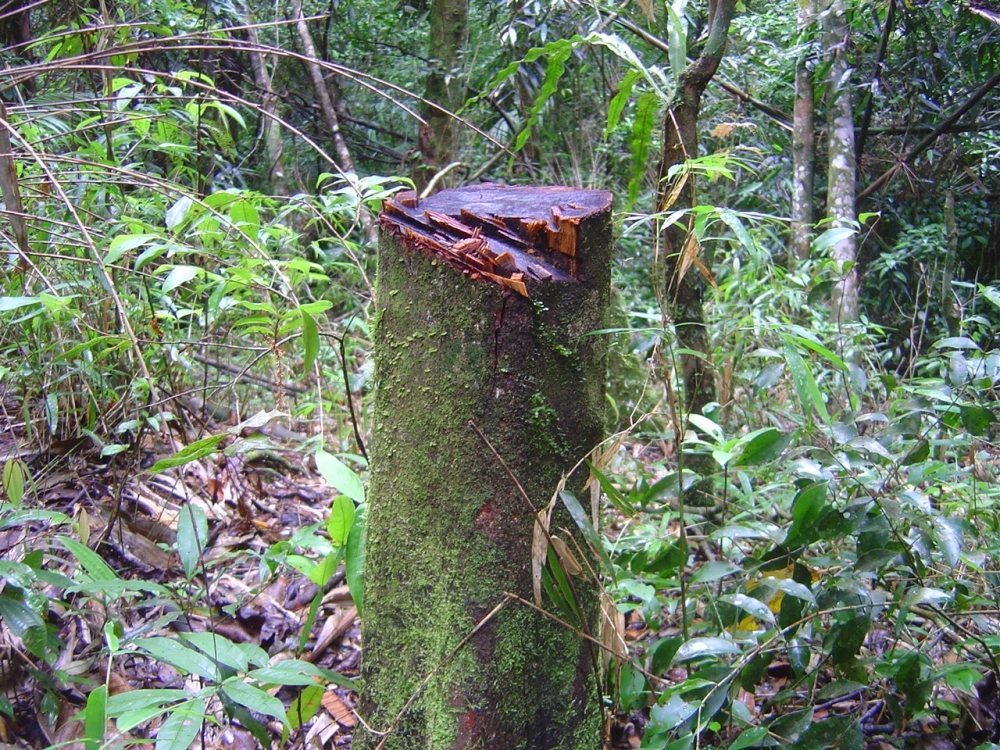
Conservation of CO2 stocks in the biome is highly affected by forest degradation, which could lead to at least 30% higher emissions than those produced by climate change. The warning comes from a paper by Brazilian scientists published in Science Advances.

The topic was discussed by French historian Serge Gruzinski in a lecture delivered at the FAPESP 60 Years School in Humanities, Social Sciences and Arts.
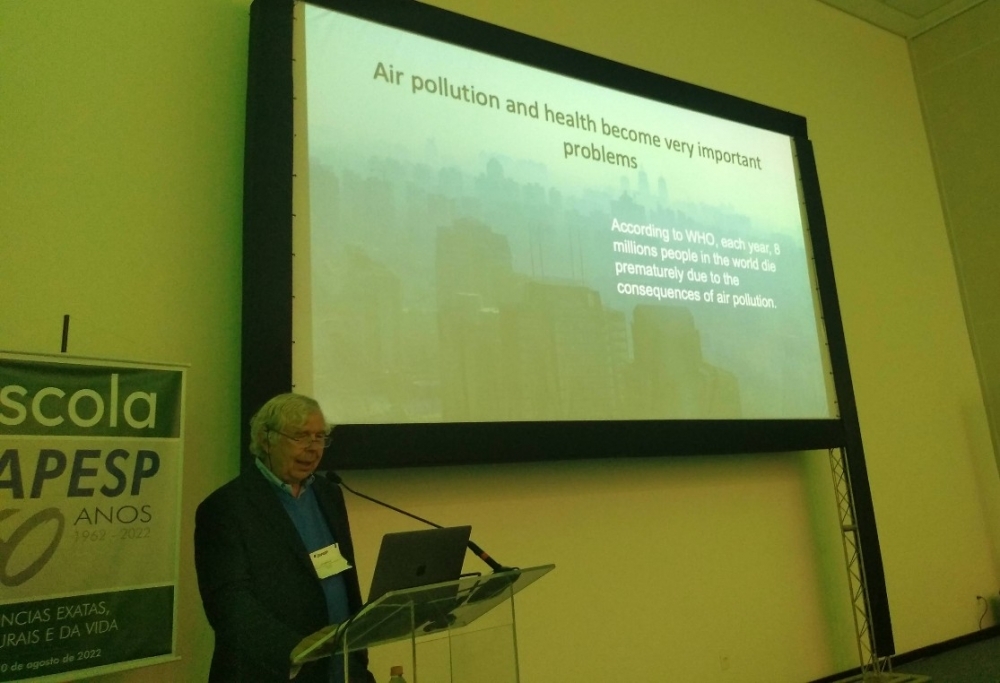
The need to adapt was emphasized by Guy Brasseur, director of the Max Planck Institute for Meteorology, Nobel Peace Laureate in 2007, and keynote speaker on the last day of the FAPESP 60 Years School.

A study conducted at the University of São Paulo highlights the importance of riparian forests in the process.

The world’s largest tropical forest has already lost 30% of its carbon storage capacity owing to human activity. This and other topics were discussed at a webinar held to honor FAPESP’s 60th anniversary by the São Paulo State Academy of Sciences.
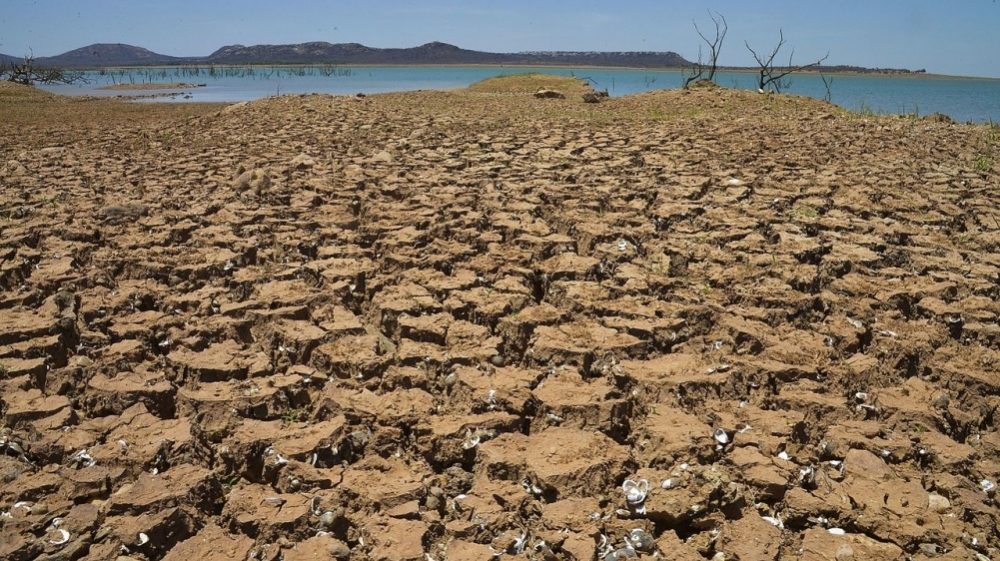
The finding comes from a study reported by scientists from Brazil, China, Australia and Germany in the journal Geophysical Research Letters. The group used a novel methodology focusing on low rainfall and severe drought.